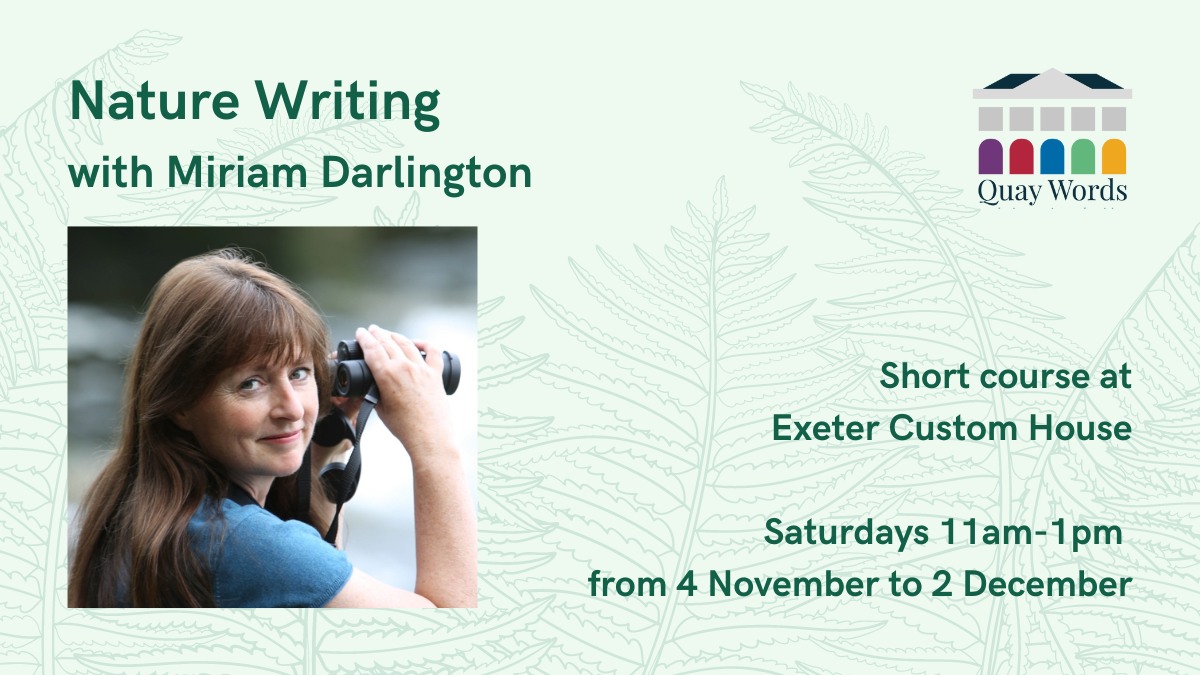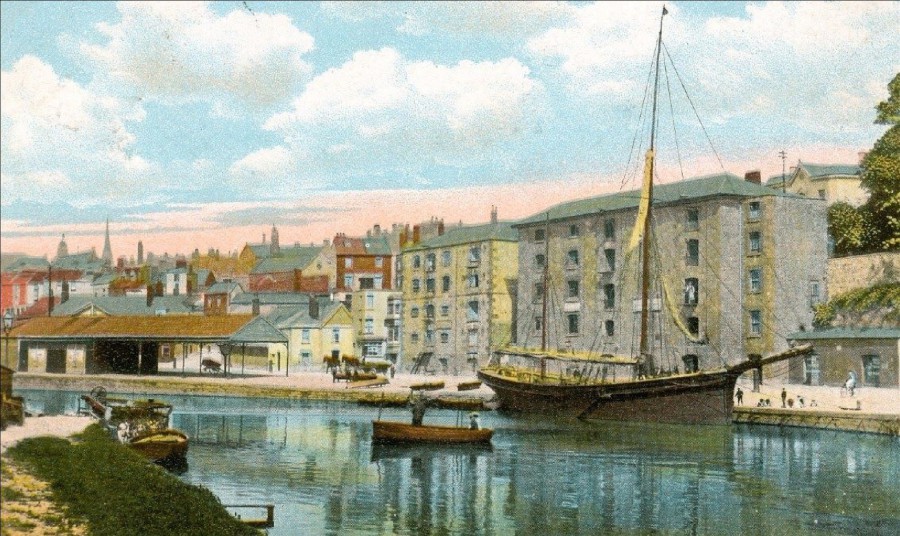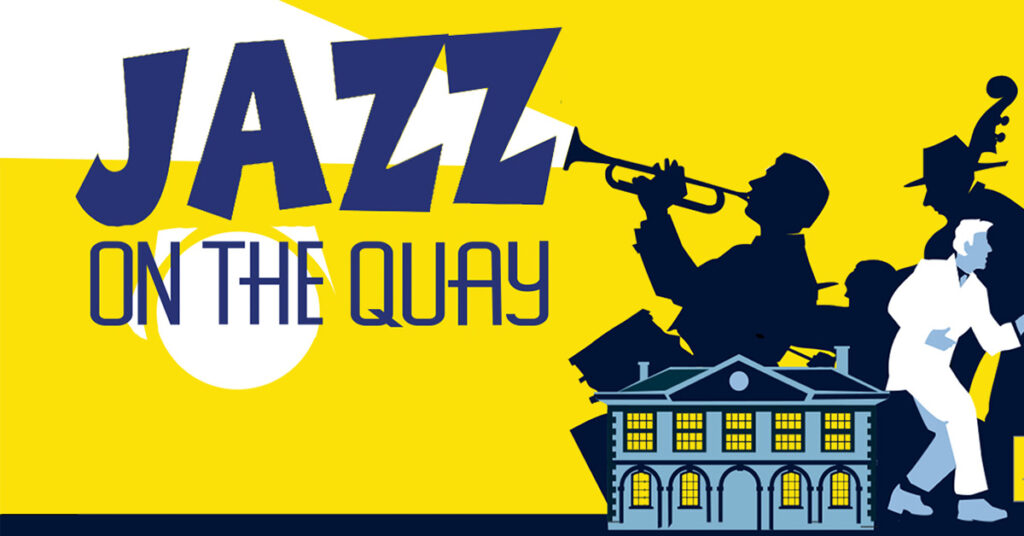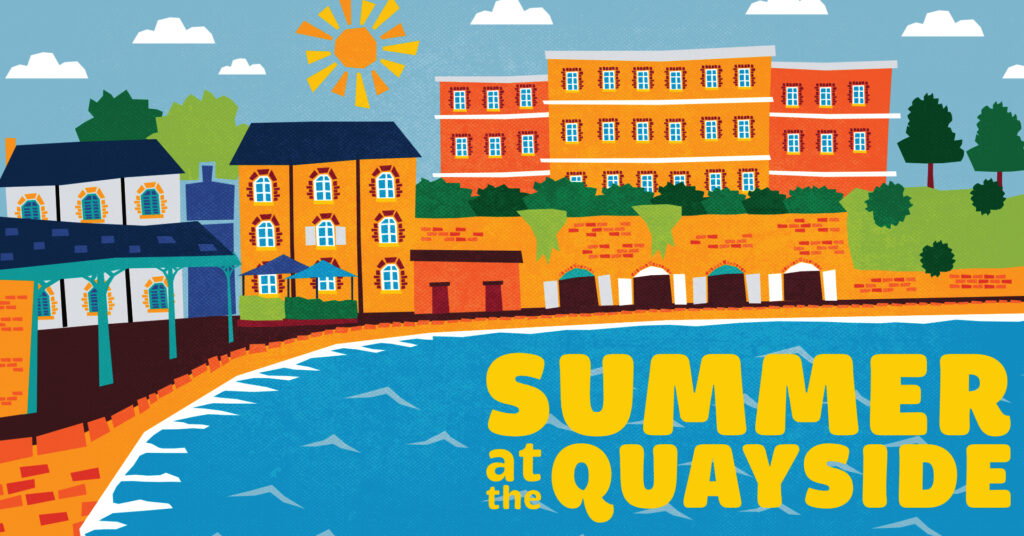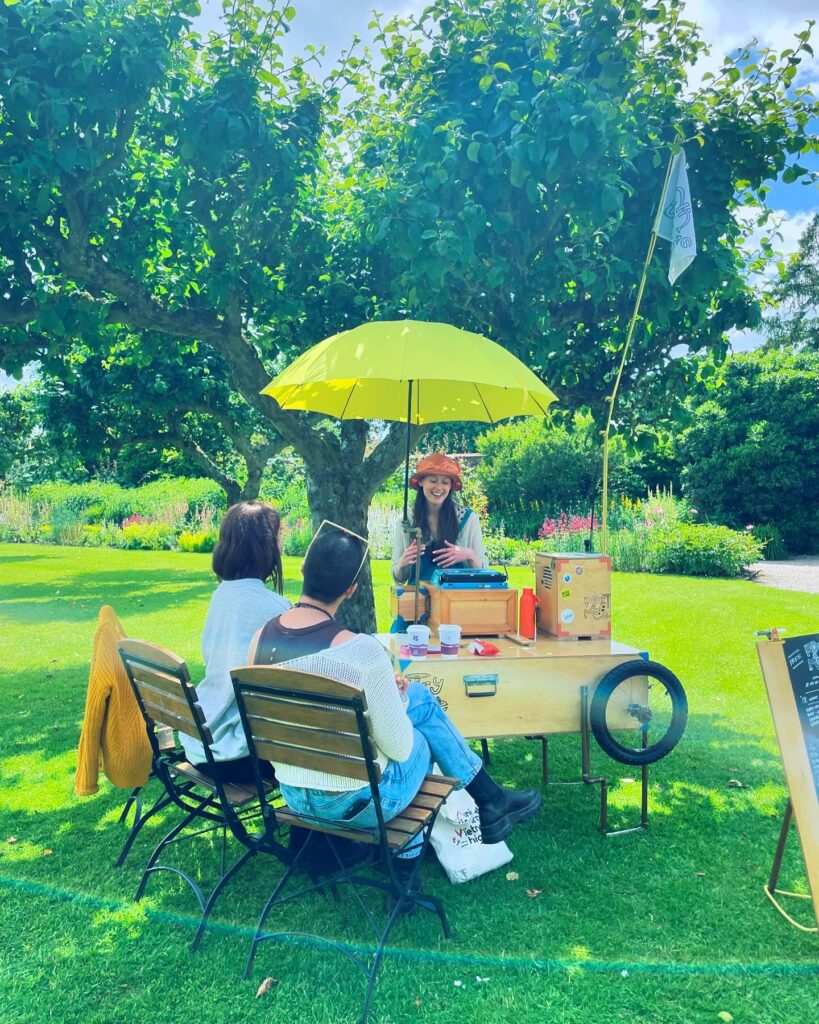Our Cultural Partners at Literature Works present a Nature Writing Short Course with Miriam Darlington
Saturday 4th November to Saturday 2nd December
Consecutive Saturday mornings 11am – 1pm
How can we write about wild nature in compelling and vivid prose while avoiding falling into the trap of cliche? This course, for enthusiastic beginners, natural history nerds and seasoned writers, concentrates on generating fresh, exciting ideas and material that embodies our lived experience of nature.
We’ll look at some inspiring examples of vivid prose and some poems too, and think about how to depict the self and the subject in balance. Through guided writing exercises, we’ll explore how to write positively about wildness at a time when the natural world is so vulnerable. Curiosity and paying attention are elements of love, and our efforts begin here: to feel inspired, get down first words, and move from field observation to sentences to stories that capture something resonant and meaningful for these difficult yet vital times. In a warmly supportive atmosphere, Miriam will guide you through the process of workshopping your writings to help make them shine.
The Autumn is a feast for nature writers, so reach toward the wilder places in the sometimes not-so-wild, and be prepared to look at a park, verge, hedge, field, tree or bird for long enough to feel it looking back at you, then tell about it on the page.
About the author:
Nature Writer Miriam Darlington teaches creative writing at Plymouth University, and narrative nonfiction at the Arvon Foundation. She is a journalist, and writes the regular Saturday ‘Nature Notebook’ column for the Times. She contributes features and reviews for Caught by the River, the Guardian and the Ecologist. Author of a collection of poetry, Windfall (2008) as well as the Sunday Times Bestselling nature memoir Owl Sense (Faber 2018) and the acclaimed Otter Country (Granta 2012) she gained a PhD in ecocritical nature writing from Exeter University in 2014. Her third book, Wild Church, is due in 2025. She lives in Devon.
We are offering two bursary places for this course, which are available by application only (to quaywords@literatureworks.org.uk) and will be allocated on a first-come, first served basis. The bursary is awarded on the basis of financial need not writing ability. You can find out about how to apply for a bursary here
